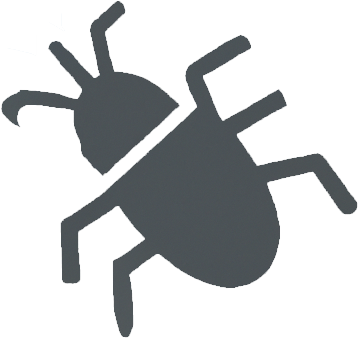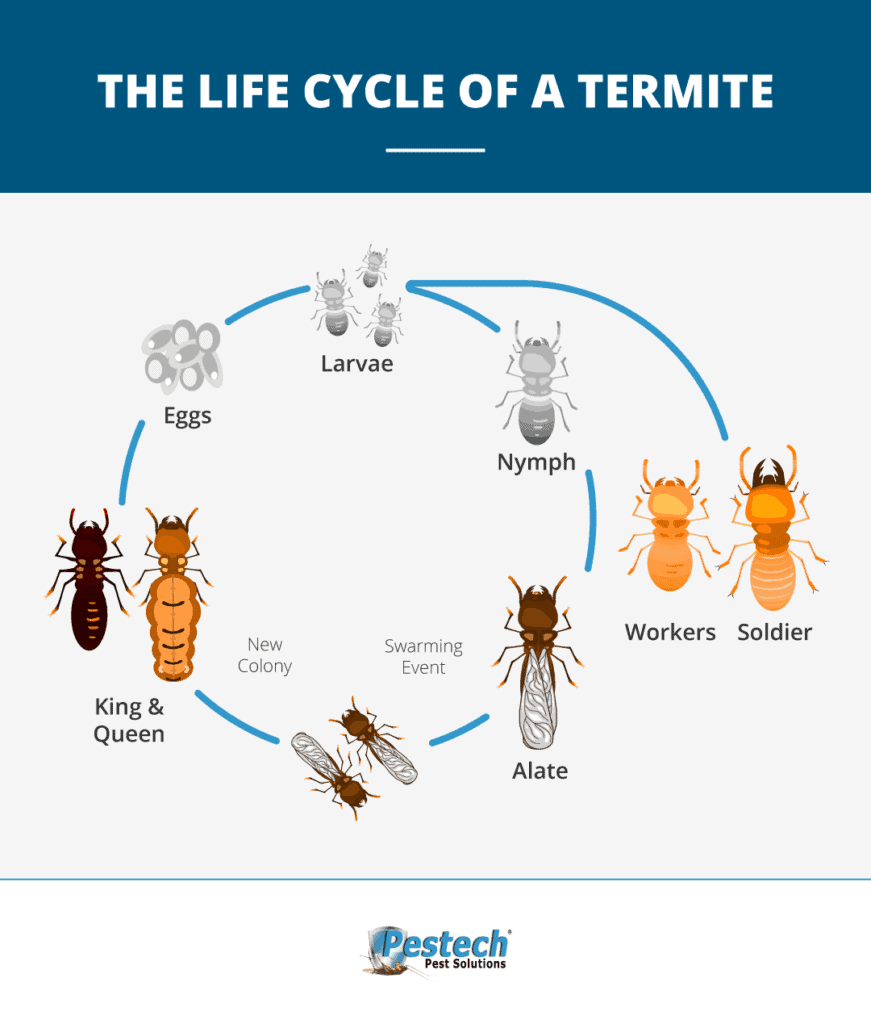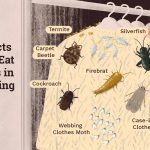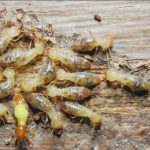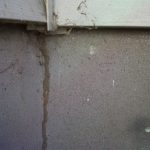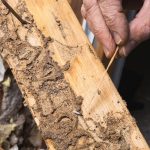Termites are fascinating insects that have become notorious for their ability to cause extensive damage to wooden structures. But did you know that termites actually have a limited lifespan? In this article, we’ll take a closer look at the lifespan of termites, and explore the factors that influence it.
What are Termites?
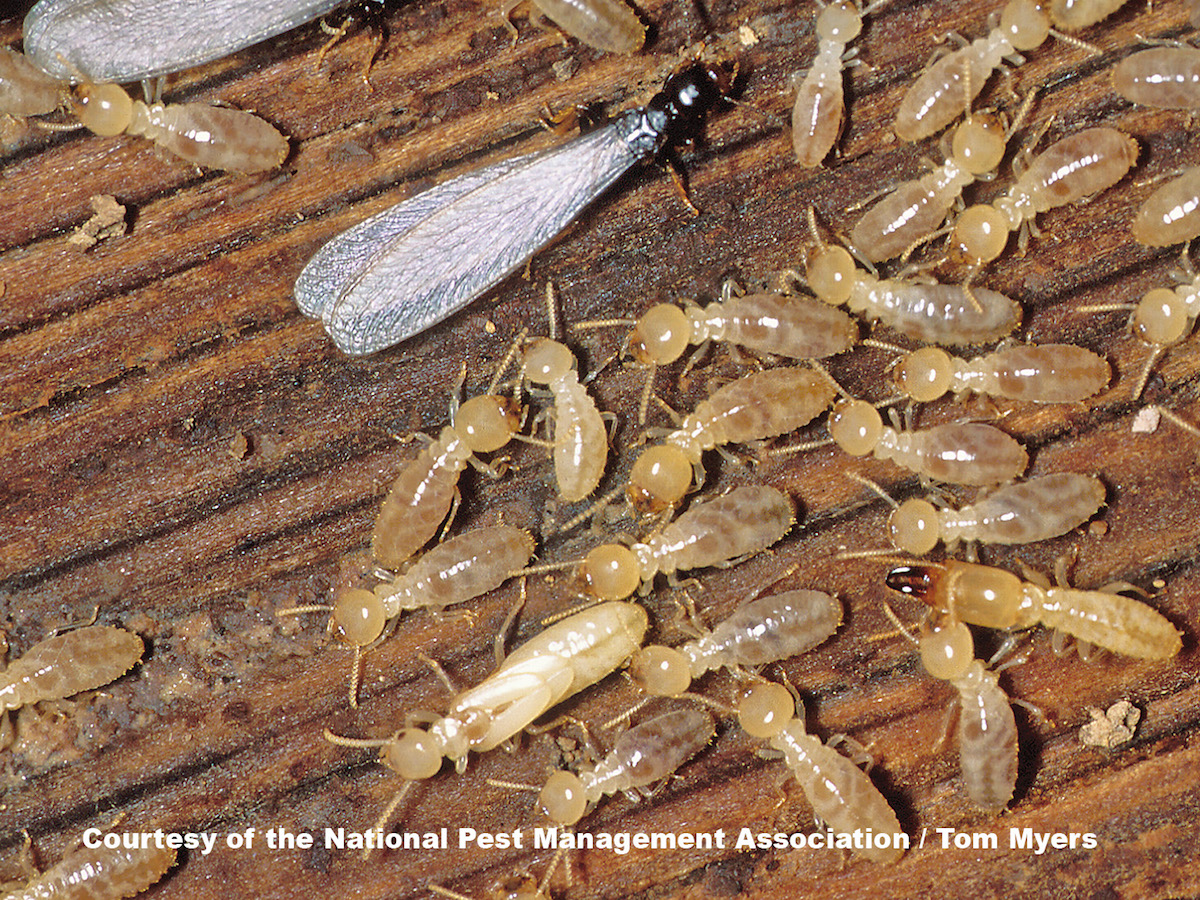
Termites are small insects that are found in warm climates. They feed on wood, paper, and other materials that contain cellulose. They are social insects that live in colonies and are divided into three groups: workers, soldiers, and reproductive adults. Termites can cause significant damage to wooden structures and furniture, as well as to paper products. Because of their ability to damage structures, they are considered to be a major pest problem in many parts of the world.
Types of Termites
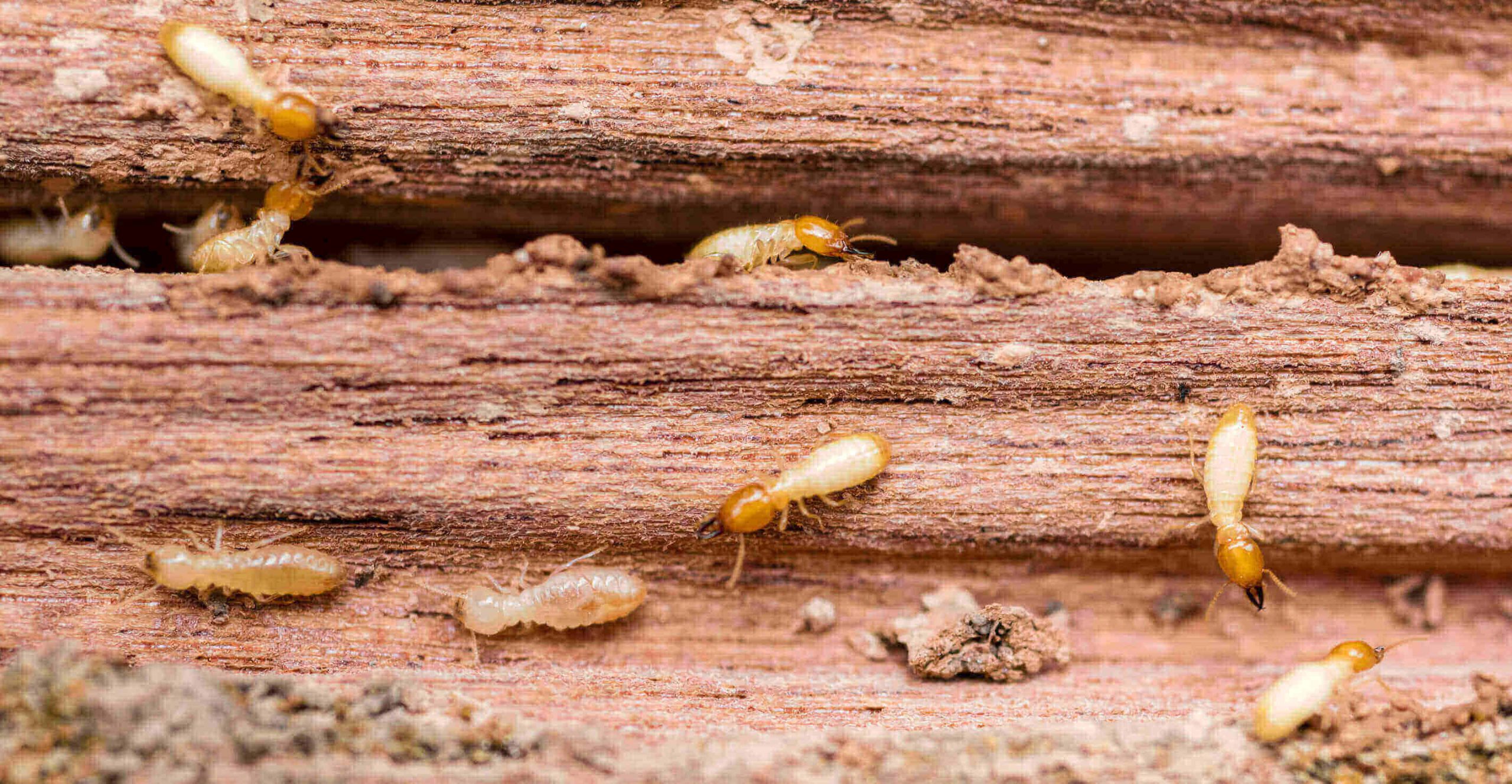
Termites are divided into three main categories: drywood, dampwood, and subterranean. Drywood termites live in dry wood and are most commmonly found in attics and furniture. Dampwood termites prefer moist wood, and are found in decaying stumps and in areas with high humidity. Subterranean termites live in the soil and build mud tubes to access wood structures above ground. They are the most destructive type of termite and are found in most parts of the U.S.
Signs of Termites
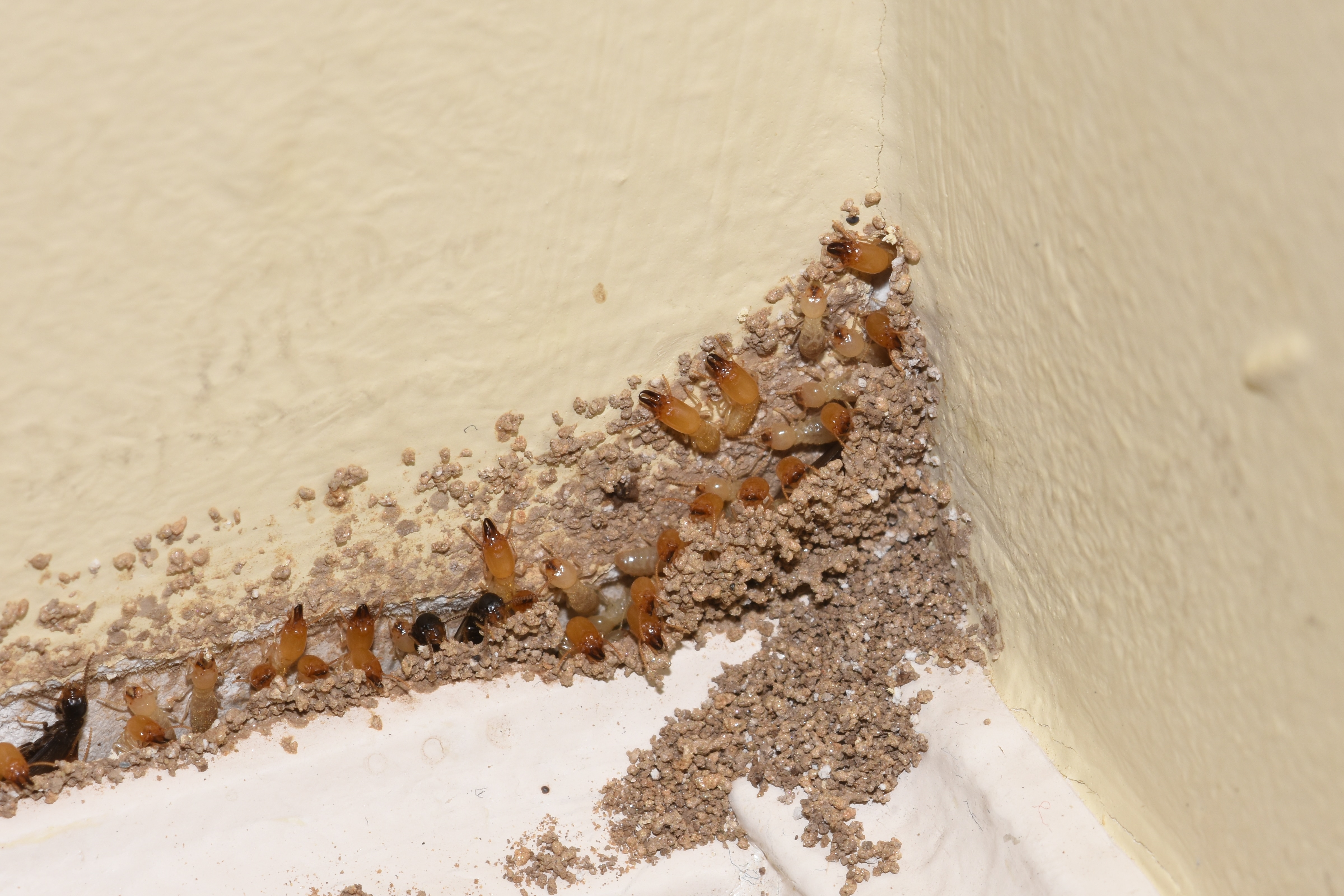
Termites can cause significant damage to buildings, furniture, and other wooden items. As such, it is important to recognize the signs of a termite infestation. Some of the most common signs include:
- Mud tubes on walls and structures
- Discarded wings from swarmers
- Damaged wood
- Piles of pellets near wood structures
- Tapping or clicking sounds near walls
If any of these signs are noticed, it is important to seek professional pest control services as soon as possible.
Do Termites Die on Their Own?
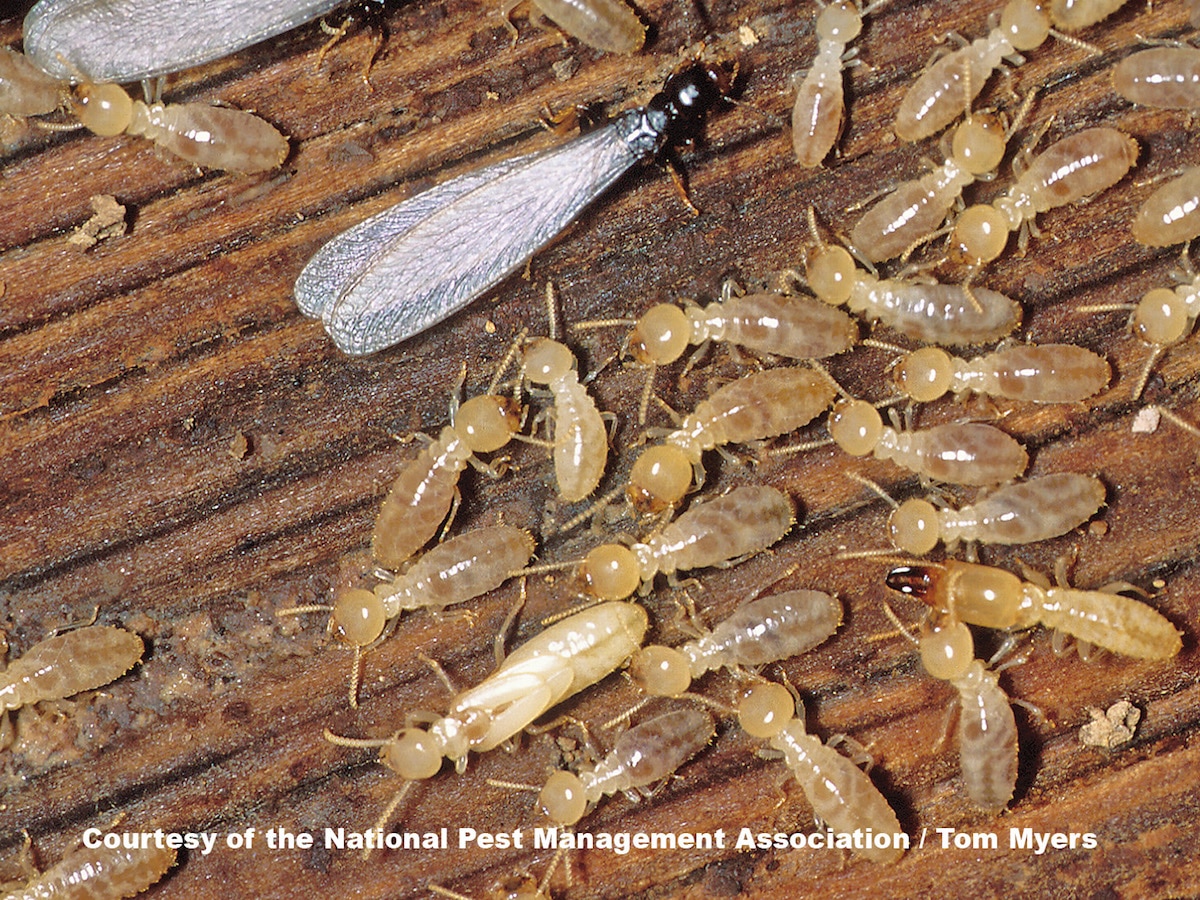
Termites are small, wood-eating insects that can cause extensive damage to buildings and furniture. While termites can live for up to five years, they do not generally live beyond this due to natural causes or predation.
Termites are social insects and live in colonies that are made up of several different castes. These castes include workers, reproductives, and soldiers, which all have their own roles within the colony.
The worker termites are responsible for gathering food, building tunnels, and caring for the young. The reproductives are the reproductive members of the colony and are responsible for laying eggs. The soldiers are the defenders of the colony and are responsible for protecting the colony from predators.
When the colony reaches a certain size, the reproductives will begin to swarm and fly off in search of a new place to form a colony. During this process, some of the termites may die due to natural causes such as starvation, predation, or extreme temperatures.
The workers, soldiers, and reproductives of the colony will die of old age when they reach their natural lifespan. This lifespan varies depending on the species, but can be anywhere from three to five years.
| Caste | Lifespan |
|---|---|
| Worker | 3-5 years |
| Reproductive | 3-5 years |
| Soldier | 3-5 years |
The queen of the colony, however, can live for much longer, sometimes up to 15 years. The queen is responsible for laying eggs and keeping the colony alive.
Termites typically do not die on their own. However, they can die due to natural causes or predation. They can also die due to human intervention such as pest control treatments.
Treatment Options
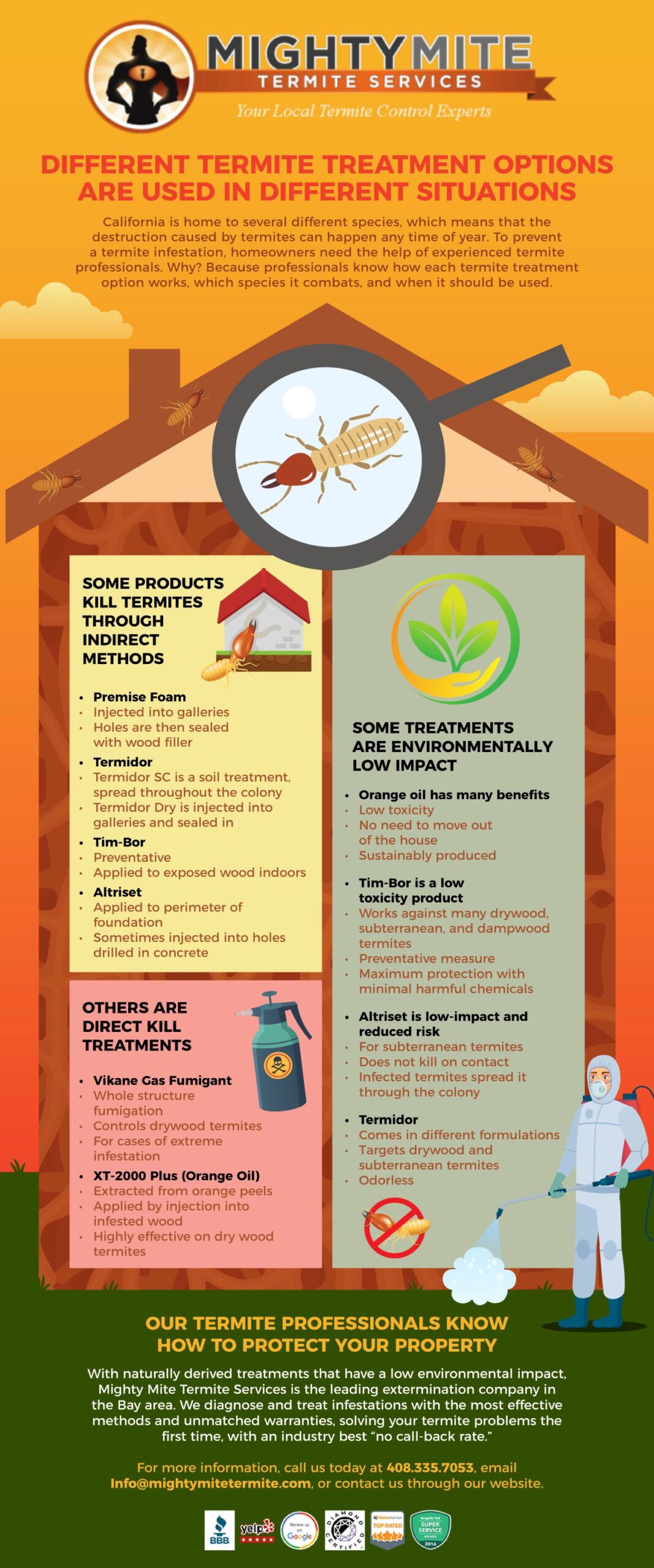
- Chemical treatment – involves the use of insecticides to kill termites.
- Bait stations – involves the use of traps that contain a slow-acting poison which is attractive to termites.
- Heat treatments – involves the use of hot air to kill termites and their eggs.
- Fumigation – involves the use of toxic gases to kill termites and their eggs.
- Physical removal – involves the physical removal of termites and their nests.
Prevention Strategies
The best way to protect your home from termites is to practice preventative measures. These include:
• Maintaining a clean yard by removing debris and dead plants from around your home.
• Repairing any water damage, such as leaking pipes, so that the area does not become a breeding ground for termites.
• Installing physical barriers, such as metal meshes, to prevent termites from entering your home.
• Regularly inspecting your home for any signs of infestation, such as mud tubes, sawdust, and wings.
• Applying chemical treatments to the foundation and exterior walls of your home.
• Scheduling an annual professional inspection to identify any termite activity before it becomes a problem.
Professional Assistance
Termites are a serious pest problem that can cause costly damage to a home or building. While it is possible for some species of termites to die on their own, it is not as likely as with other pests. Therefore, it is recommended that professional assistance is sought in order to effectively get rid of a termite infestation. Professional pest control companies use a variety of techniques to eliminate termites, such as baiting, chemical treatments, and fumigation. Additionally, they can provide advice on how to prevent future infestations and how to protect a home or building from termite damage.
Frequently Asked Questions
What is the Lifespan of Termites?
Termites typically live for up to two years, depending on their species, environment and food sources. Subterranean termites, for example, can survive for a maximum of five years, while dampwood termites may live for up to 10 years. Winged reproductive termites, however, typically only live for a few months.
How long do termites live for?
Termites have an average lifespan of between two and five years, depending on the species and environment. Worker termites, which are responsible for foraging for food, typically live the longest, with an average life span of two to four years. Reproductive termites, which are responsible for reproducing, live a bit shorter, with an average life span of one to two years. Queens, however, can live up to 20 years.
Can Termites Die on Their Own?
Yes, termites can die on their own. Natural causes of death include old age, starvation, disease, and exposure to extreme temperatures. Termites also die when they become injured or when their colonies are destroyed. To prevent an infestation, it is important to take proactive measures, such as sealing cracks in the foundation and removing sources of moisture.
Do Termites Ever Go Away on Their Own?
Termites rarely, if ever, go away on their own. Left untreated, a termite infestation can become increasingly severe and cause significant damage to the structure of a home or other building. Treatment is the only reliable solution to eliminate a termite infestation. Professional pest control technicians are trained to identify and treat termite infestations.
Are there any circumstances in which termites leave on their own?
Termites do not generally leave on their own, but they may be forced to move if their nest is disturbed. This may happen if the nest is flooded or if the area around it is cleared or dug up. In such cases, the termites will move to a new location in search of food and shelter. If the termites cannot find suitable conditions, they may die or be eaten by predators.
Conclusion
Termites have an average lifespan of 2-3 years. However, some species can live up to 8-10 years or more. Termites do not die on their own, but they can be killed by natural predators, environmental factors, or human intervention. If left untreated, termites can cause significant damage to structures and buildings. Therefore, it is important to control and prevent termite infestations.
